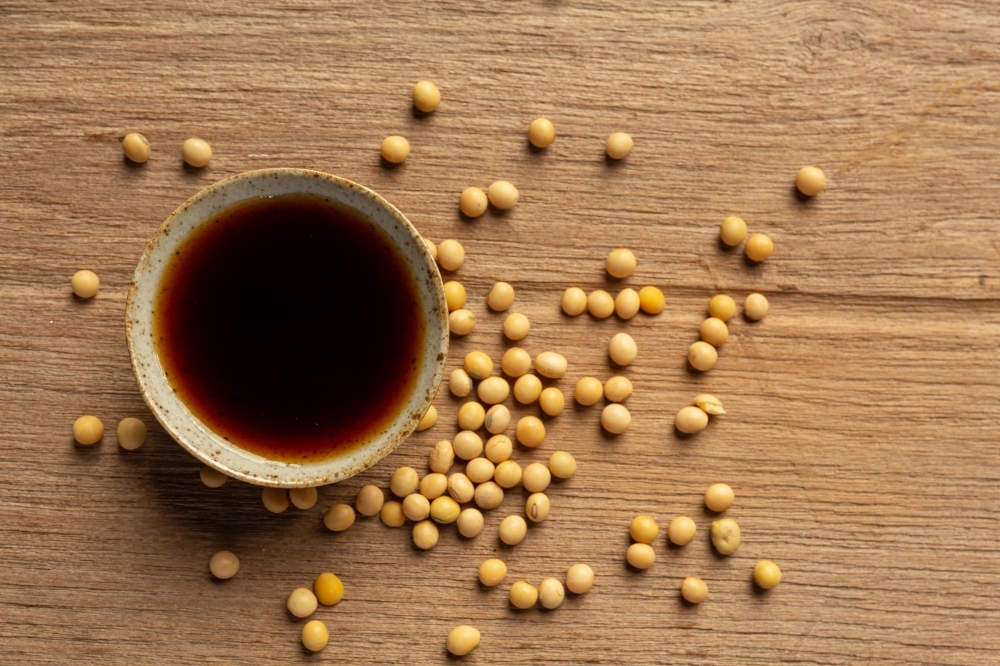
Could the secret to beating cancer be hiding in soya sauce? Singapore scientists are taking a closer look

Kitkoji’s skincare products, derived from the fungus used in traditional Singapore soya sauce, are now being studied for their potential in cancer treatment. — Freepik pic
Sunday, 06 Jul 2025 12:11 PM MYT
SINGAPORE, July 6 — A Singapore skincare company born out of a traditional soya sauce business may hold clues to new cancer therapies, thanks to a fungus used in fermentation.
The Straits Times reported today that Kitkoji, a spin-off from heritage brand Nanyang Sauce, is working with the National Cancer Centre Singapore (NCCS) to study fungal metabolites — molecules produced during fermentation — for their potential in treating cancer.
The one-year collaboration, signed in May, will focus on validating early findings that showed anti-cancer effects in a proprietary extract found in Kitkoji’s products.
The key ingredient is Aspergillus oryzae, or koji, a mould commonly used in fermenting soya sauce, miso and sake.
In 2022, Nanyang’s soya sauce was found to have antioxidant and anti-ageing properties, prompting CEO Ken Koh to launch Kitkoji, a skincare brand using koji-based extracts.
In 2023, a user claimed Kitkoji products helped clear melanoma spots, prompting Koh to approach NCCS.
Lab tests later found that “Extract K” showed cancer-fighting potential in a range of cancers, including breast, lung and skin cancers, and performed well in xenograft models using human cancer cells.
NCCS and Kitkoji will now explore the cancer mycobiome — fungal communities found in and around tumours — to identify active compounds that may be developed into future treatments.
“This extended collaboration reflects our shared vision to translate scientific discovery into tangible clinical outcomes,” said Assistant Professor Jason Chan, director of the Cancer Discovery Hub.
Globally, fungi-based compounds are gaining attention for cancer treatment.
In 2024, researchers in the UK reported that cordycepin, derived from a parasitic fungus, could slow tumour growth.
Hahaaha..in fact East Asian soya is a nasty concoction of chemicals, many unhygienic chemicals including carcinogenic preservatives.
ReplyDeleteyaloh, only in those soya sauce u purchased!
Delete